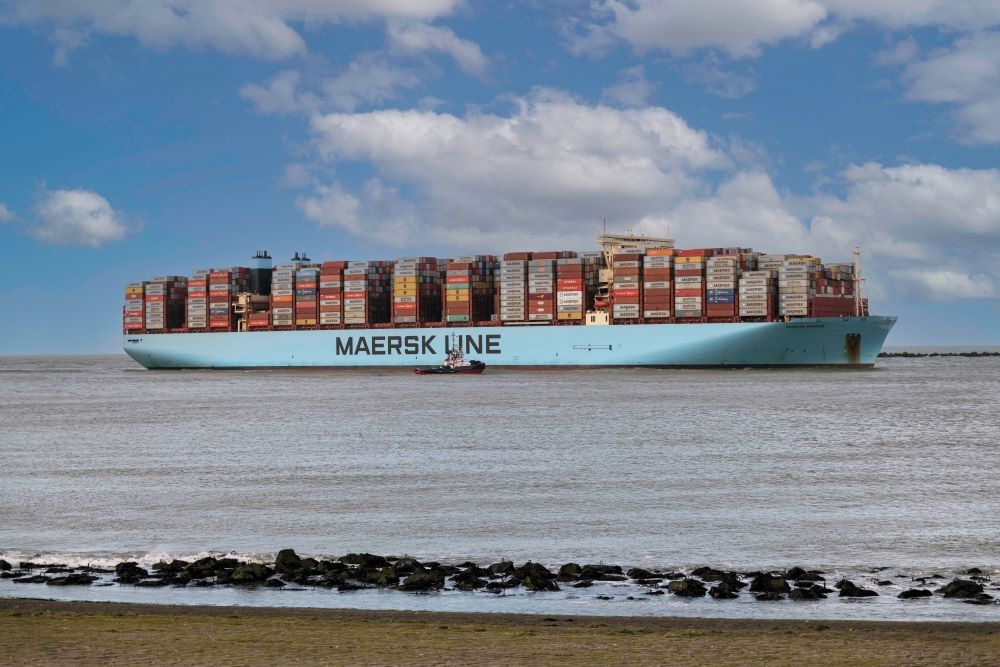On the 13th, Maersk Shanghai Office resumed offline work. Recently, Lars Jensen, an analyst and partner of the consulting firm Vespucci Maritime, told the media that the restart of Shanghai may cause goods to flow out of China, thereby prolonging the chain effect of supply chain bottlenecks.
Anne-Sophie Zerlang Karlsen, president of Maersk’s Asia Pacific Shipping Operations Centre, said, “Right now, we don’t expect a major knock-on effect. But it’s hard to predict right now because so many things are happening around the world that can affect world trade. There are several general scenarios for the opening, namely the peak season in the fall container market, which arrives several months earlier than the traditional peak season. When factories in the Shanghai area return to full speed and it becomes easier for truckers to move containers to the port again, there will be an influx of cargo. Otherwise, nothing will happen.
Companies are reluctant to order new products because consumers are less willing to spend due to the impact of consumers on inflation and the Russian-Ukrainian conflict. Jensen stressed that in a way the biggest uncertainty is not China at all, but Europe and the US, and no one knows how consumers will react. Despite strict management measures in Shanghai at the end of March, the port remains open compared to the lockdown at the start of the 2020 Covid-19 pandemic. Maersk said it showed China had learned from the strict port closures in 2020. Ports were completely closed at the time, and when they reopened, containers poured out, affecting global supply chains. Karlsen said it won’t be so bad this time. The city is recovering and Maersk activities in Shanghai can resume full recovery within a few months, which is cautiously good news for the company, which has been “fighting” with high freight rates and delays for the past nearly two years. Because ports in Europe and the U.S. still have significant bottlenecks, a flood of Chinese containers heading to Long Beach, Rotterdam and Hamburg is the last thing in the supply chain. “You can find places where things have improved and where things have gotten worse. But overall, it’s still a long way off. There’s still a huge problem with bottlenecks,” Jensen said.
Jensen noted that continued delays combined with new economic uncertainty could put the company in a bind. Jensen explained in detail: “Long delivery times mean that companies now have to order items for Christmas deals. But the risk of a recession means that it is far from certain that consumers will buy Christmas items in their usual quantities. If traders believe that spending It’s going to go on and they’re going to have to order and send Christmas stuff. If that’s the case, we’re going to see a freight boom in China. But if they’re wrong, there’s going to be a bunch of stuff no one wants to buy.
If you want to export goods to China, Oujian group could assist you. Please subscribe our Facebook page , LinkedInpage, Ins and TikTok .
Post time: Jun-17-2022

